More about: Marika Hackman
Mercury nominee SOAK has spoken out about the honour of the prize - and also told us not only who deserves to win, but who else should have been nominated.
Watch our video interview with SOAK above
Last week, the rising Scottish star was nominated alongside the likes of Wolf Alice, Roisin Murphy, Slaves and Florence + The Machine for her debut album, Before We Forgot How To Dream. But is there anyone she thinks was missing from the list?
"I think Marika Hackman should have been nominated for her album, because it's a pretty amazing album," SOAK told us at the Q Awards this week.
- MORE: Watch Marika Hackman perform 'Animal Fear' in Gigwise Office Sessions here
Speaking about what an honour it was to be recognised, SOAK continued: "Because the Mercury Prize is such a big deal and because it is album of the year, it feels like a really important deal.I remember watching last year with the shortlist getting announced with like Bombay (Bicycle Club), Kate Tempest and stuff - I was like 'I really want to do that'. For me I'm really excited to be on that list."
As well as tipping Wolf Alice, we asked SOAK who she'd most like to win the Mercury Prize this year: "Probably Slaves, because I really like those guys
Watch our video interview above where she also discusses how her next album is shaping up to be 'a lot weirder' and 'smarter'.
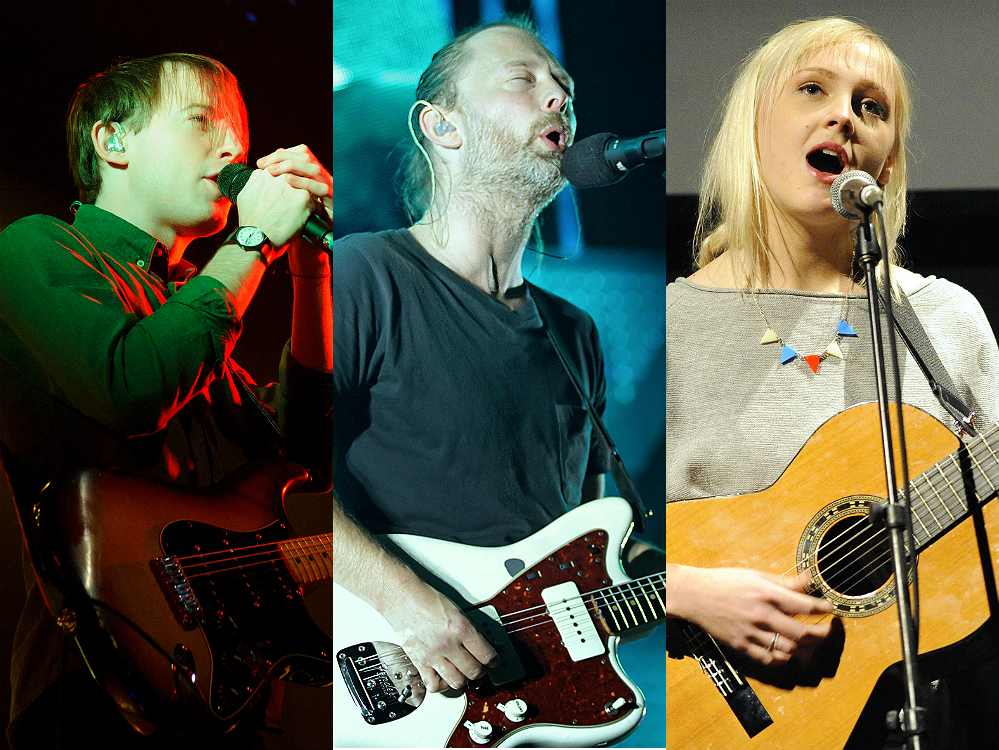
Since 1992, The Mercury Prize has been celebrating and rewarding the best in alternative music the UK and Ireland has to offer. Its nomination process has always been a topic of contention, there's so many great albums every year and only ever 12 nomination spots so, naturally, there are some unjust snubs. From The Bends to Demon Days and beyond, here are the albums that weren't given the nomination spots they deserved from 1992 to 2015.
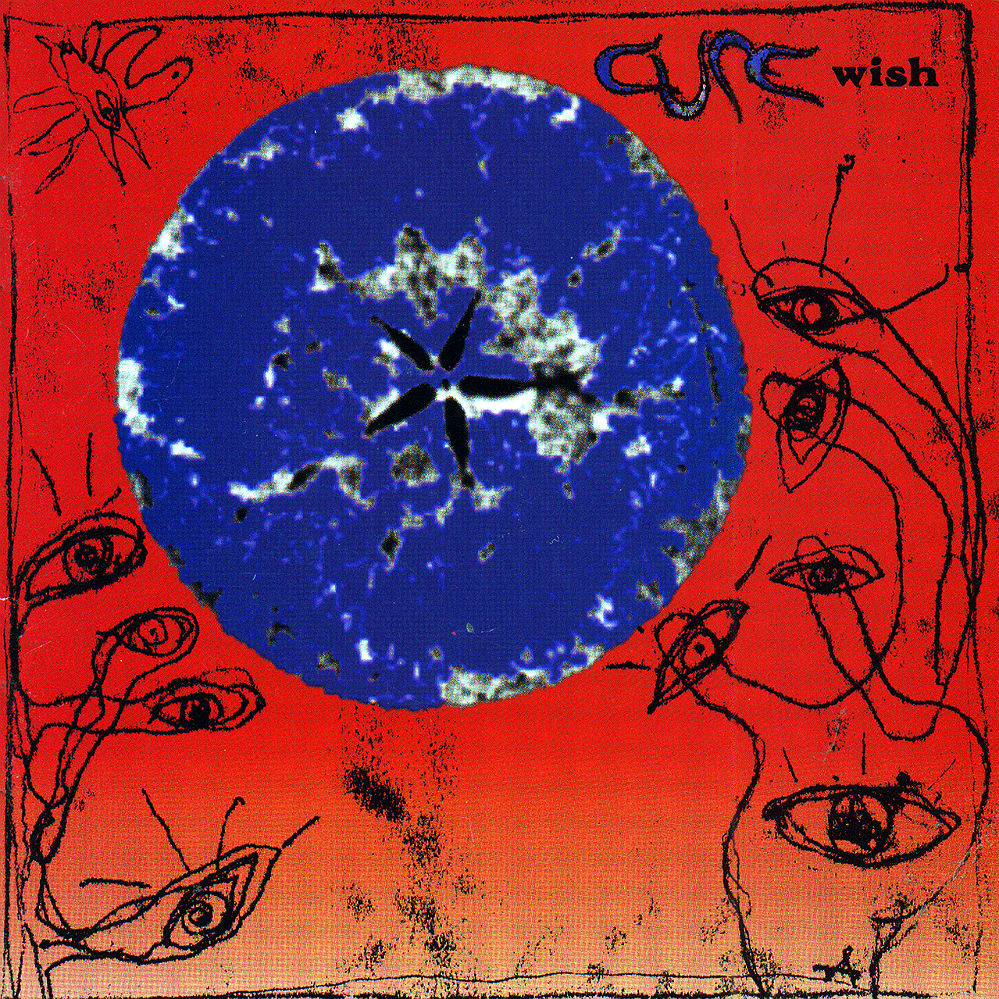
1992 - The Cure, Wish: There are any number of albums by The Cure that should have been nominated - and none of them have been - but 1992's Wish was one of their best, and most commercially successful. Even if every other track had been white noise, the existence of 'Friday I'm In Love' alone should have earned The Cure every award possible.
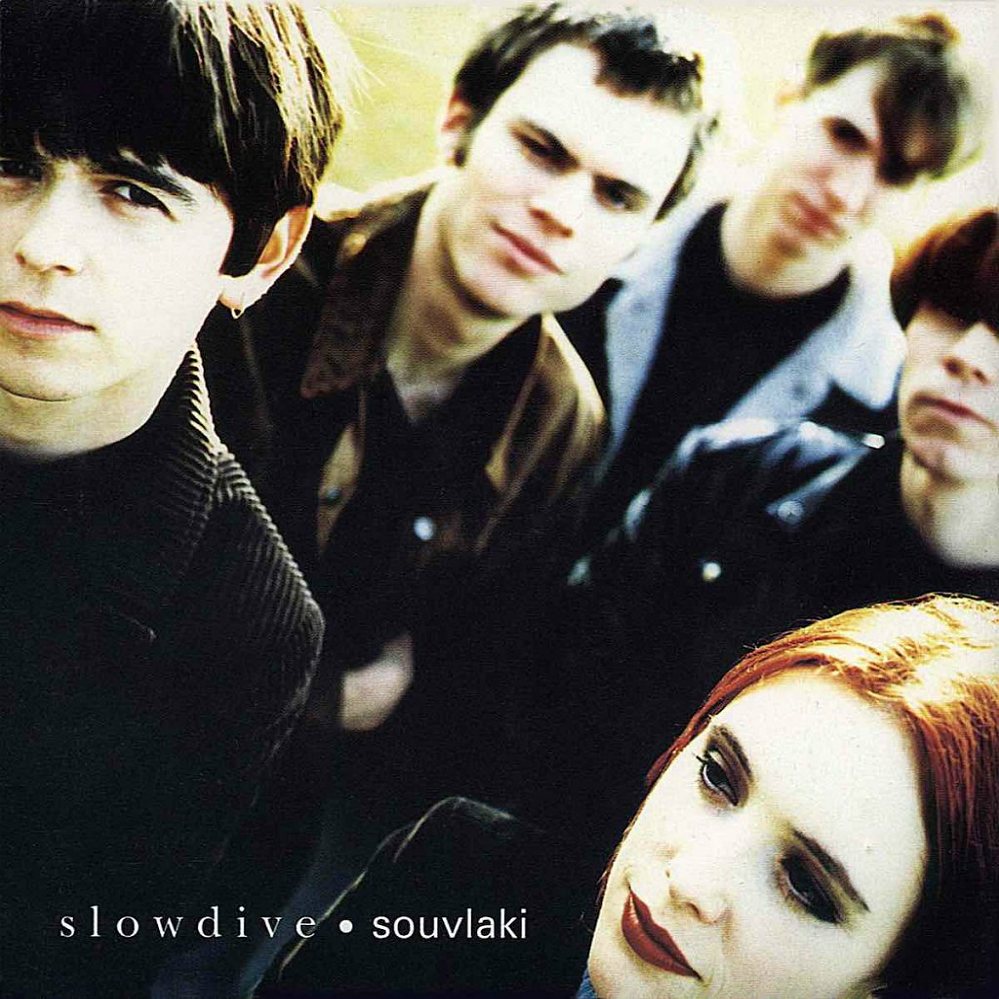
1993 - Slowdive, Souvlaki: As far as representing the sound of the early 90s in the UK, Slowdive rarely missed the mark so innovation and timelessness. Their best album for sure, Souvlaki deserved at least a nomination for it's seamless combination of pop melody and, well, Brian Eno.
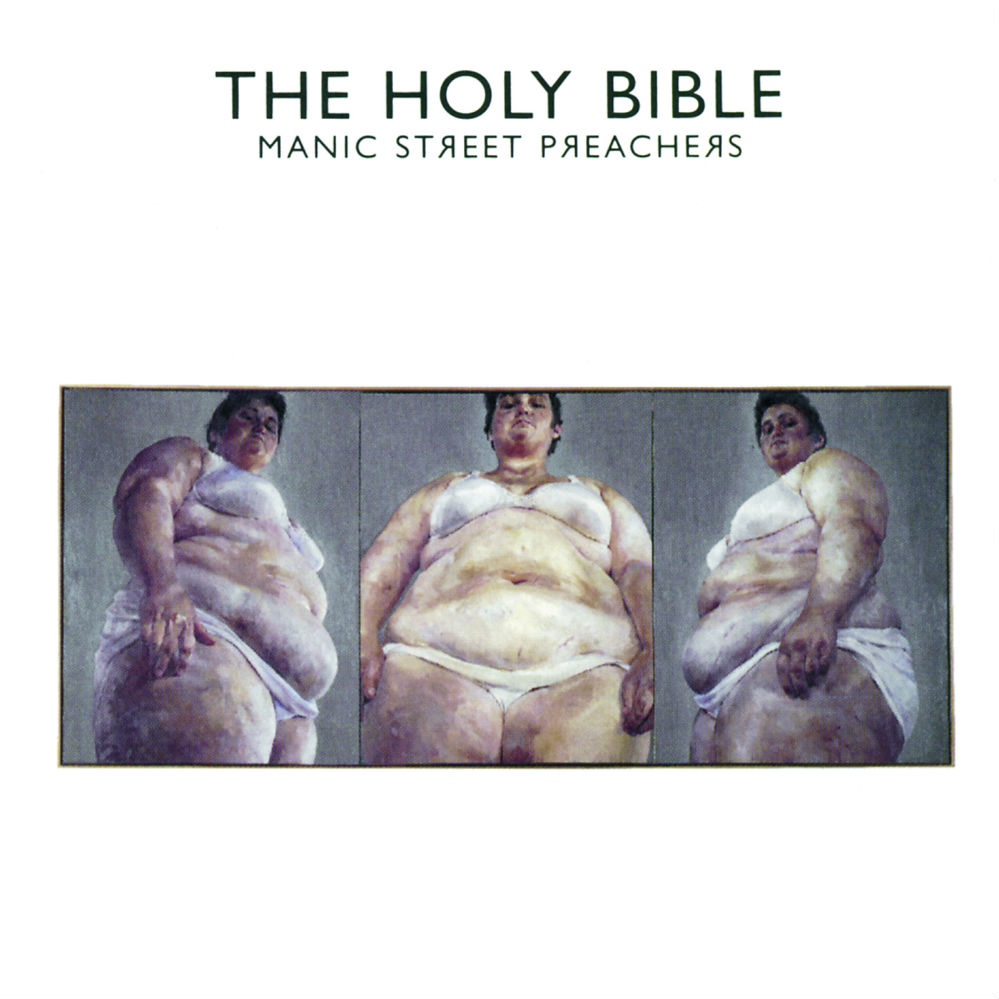
1994 - Manic Street Preachers, The Holy Bible: Not only one of the most important albums of the Manics' career, but arguably one of the most important albums of the 20th century. With the majority of lyrics written while Richey Edwards, who disappeared a year later after struggling with severe depression and anorexia, its legacy continues to grow more than two decades on. The same can't quite be said for Take That's Everything Changes, which did get nominated.
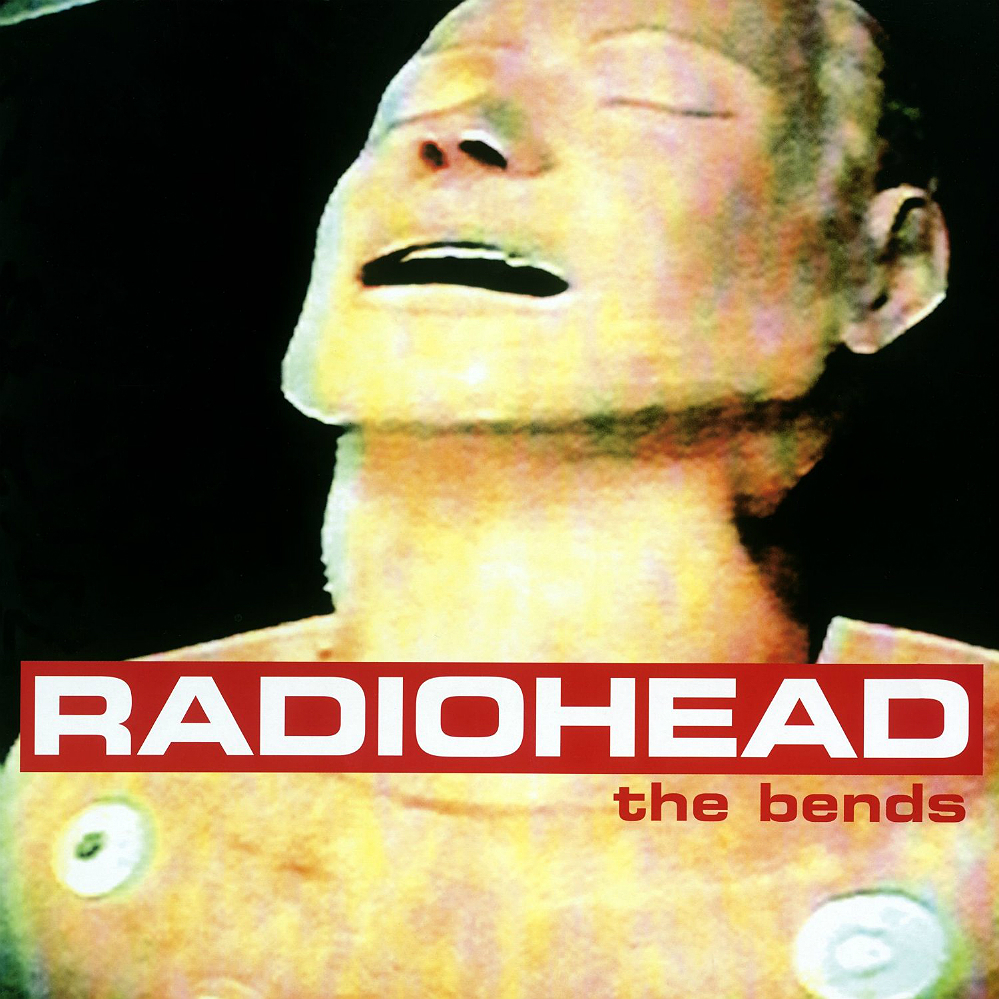
1995 - Radiohead, The Bends: Not their best record but for sure the best of Radiohead, the rock band. Unfortunately, the Brit-Pop mania surrounding Oasis, Supergrass and Elastica saw Yorke and Co. shoved to the nominated sidelines until two years following by which point Oasis started becoming shit.
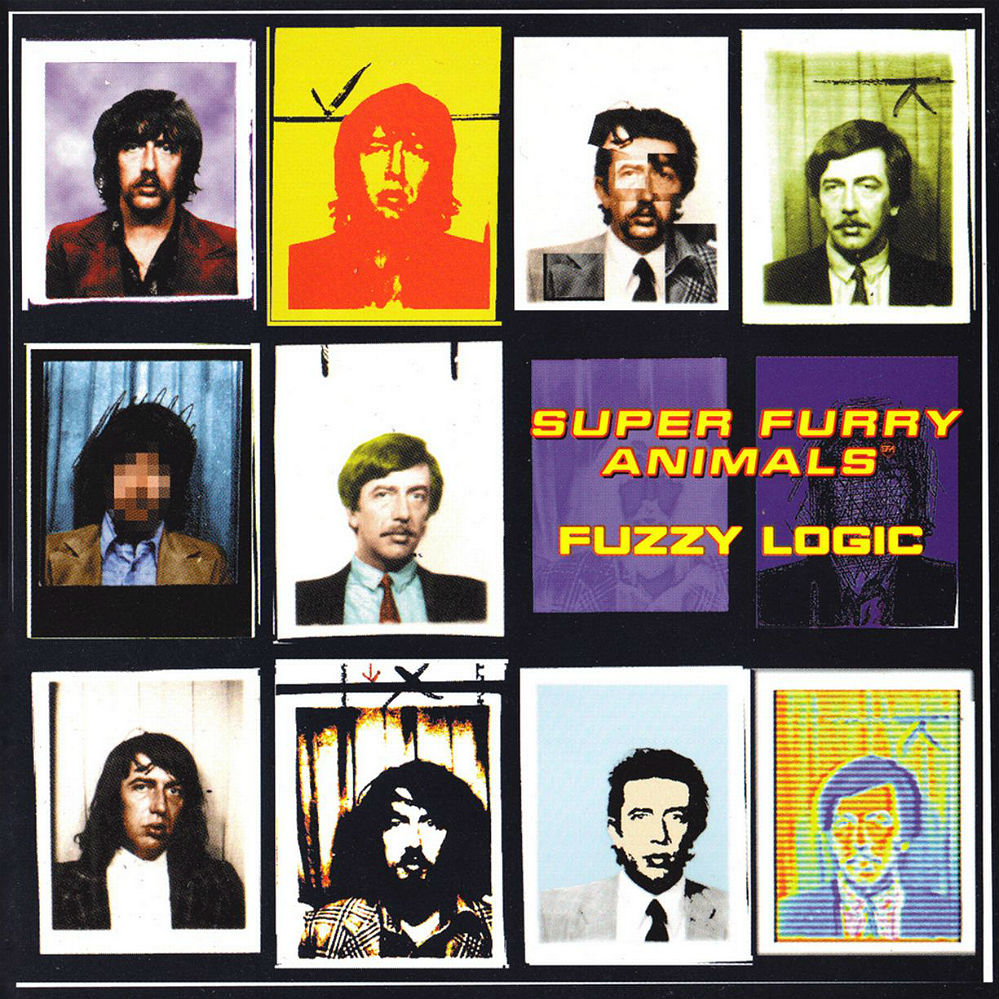
1996 - Super Furry Animals, Fuzzy Logic: The debut album from the Welsh rock band, who've gained a significant cult following in the 19 years since, introduced the world to their brand of eccentric psych / glam rock.
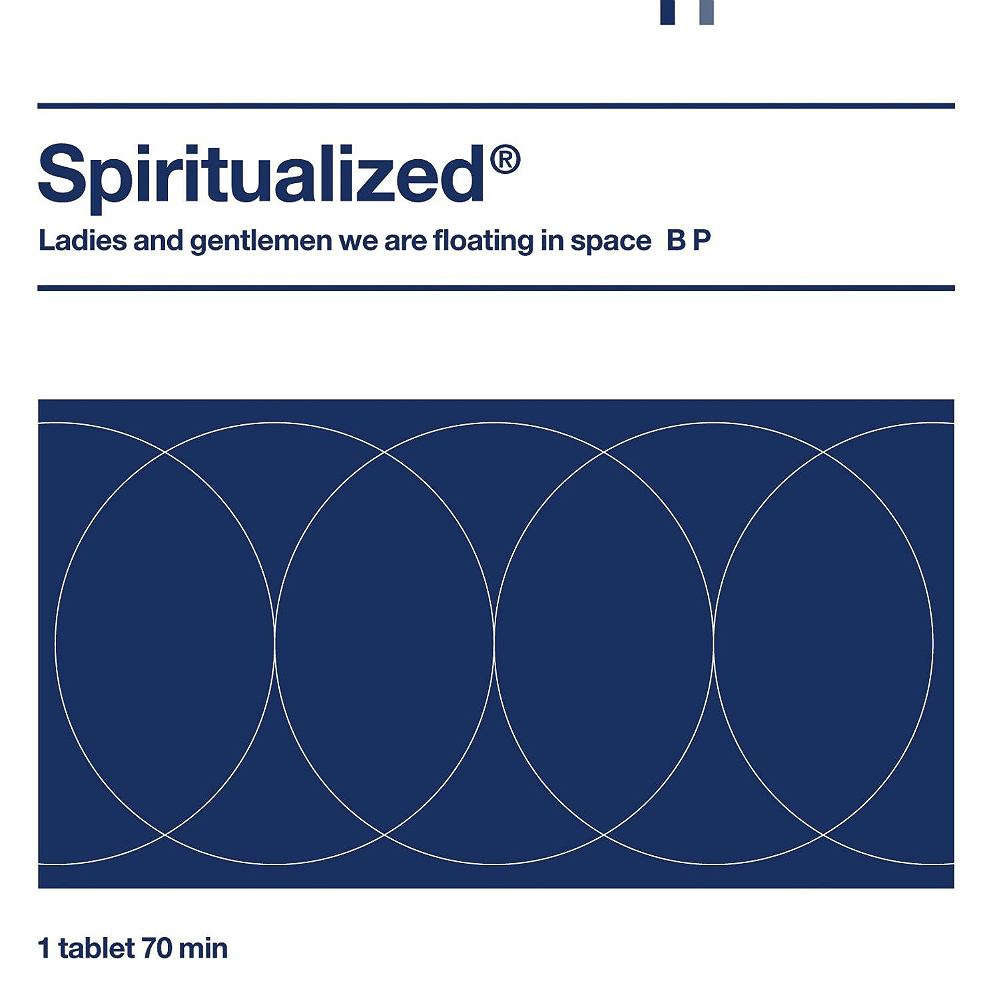
1997 - Spiritualized, Ladies and Gentlemen We Are Floating In Space: Despite doing well both with the music critics and commercially, the left-field space-rock of Spiritualized's third release was completely ignored by the 'esteemed' Mercury judges. They didn't need a mercury prize anyway - this album is so cult, just try going to a music festival without seeing someone with the artwork on a t-shirt.
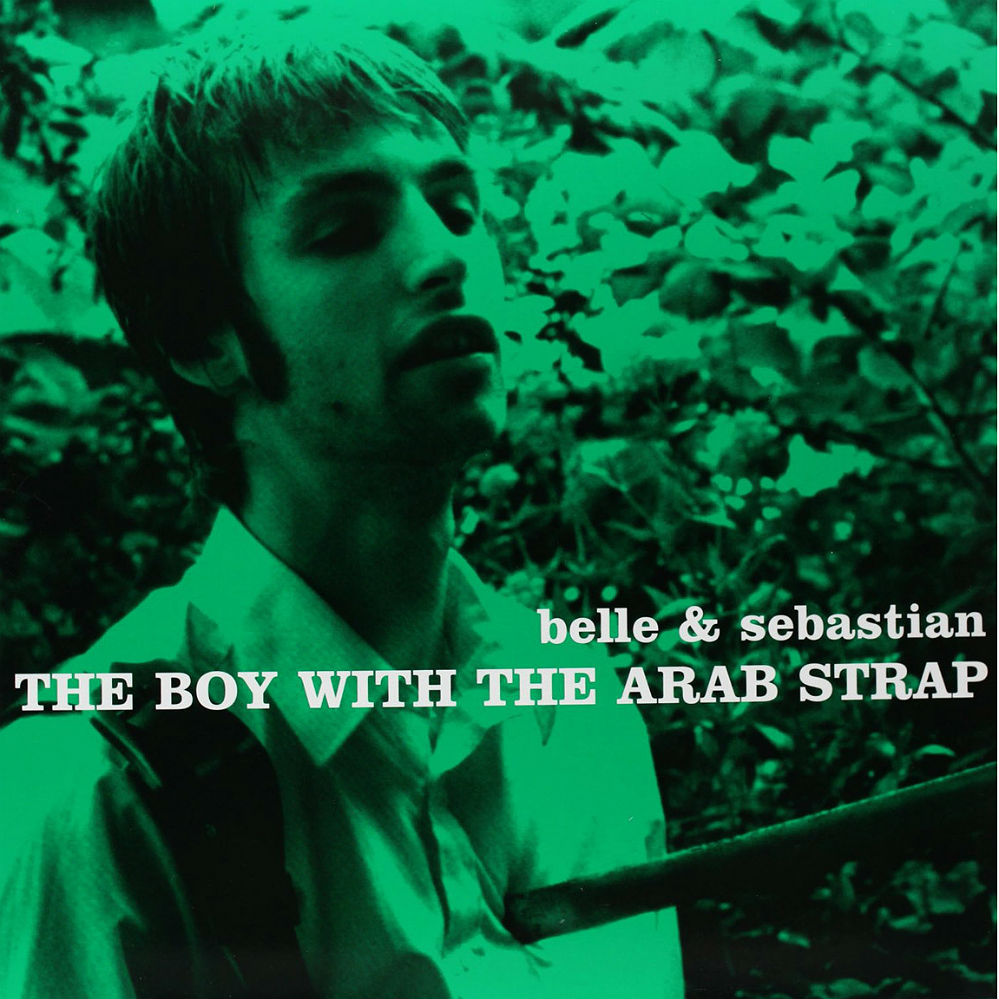
1998 - Belle And Sebastian, The Boy With The Arab Strap: The third album from the Scottish collective is comprises such sprawling, cinematic chamber pop that it's hardly surprising it's been used in countless film and TV soundtracks since its release. Slightly unfortunate title aside (Stuart Murdoch was unaware that an arab strap was a sexual device) this album deserved more acclaim than it received.
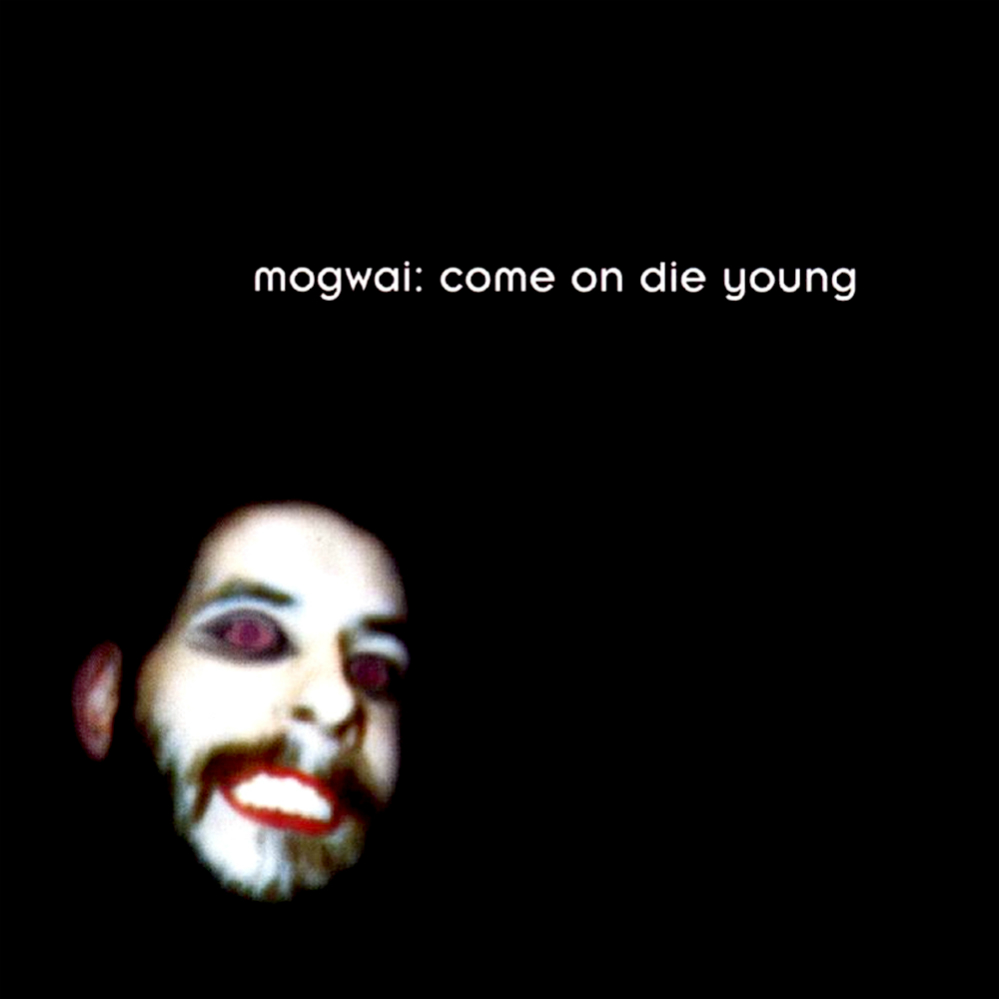
1999 - Mogwai, Come On Die Young: The second release from the Scottish post-rock masters, CODY was around the same time as Mogwai started to lay the table for the next decade of the genre. That just wasn't recognised by the judges, Stereophonics were though.
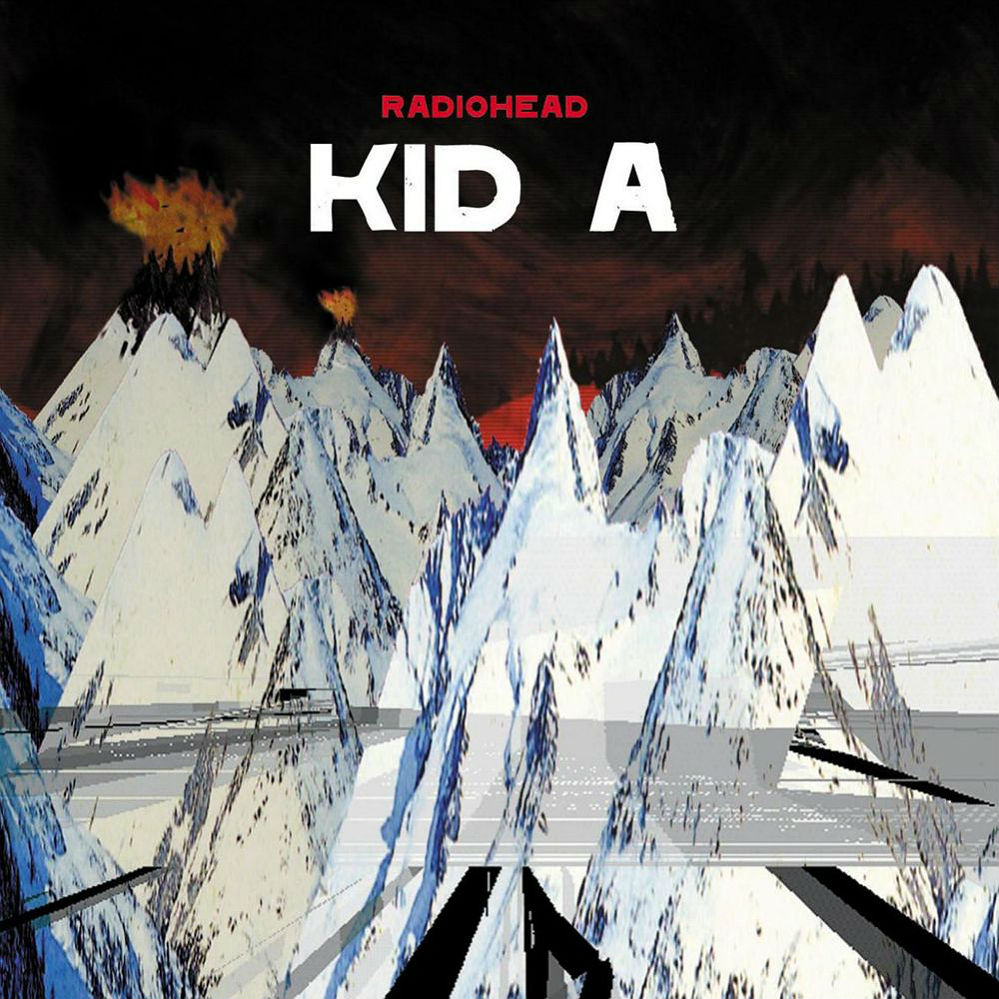
2000 - Radiohead, Kid A: Granted, Radiohead have been nominated four other times, so they're hardly crying out for recognition, but it still seems bizarre that Kid A slipped through the cracks. It's widely considered to be a cultural cornerstone, and frequently makes it to a high position in Greatest Albums Of All Time lists.
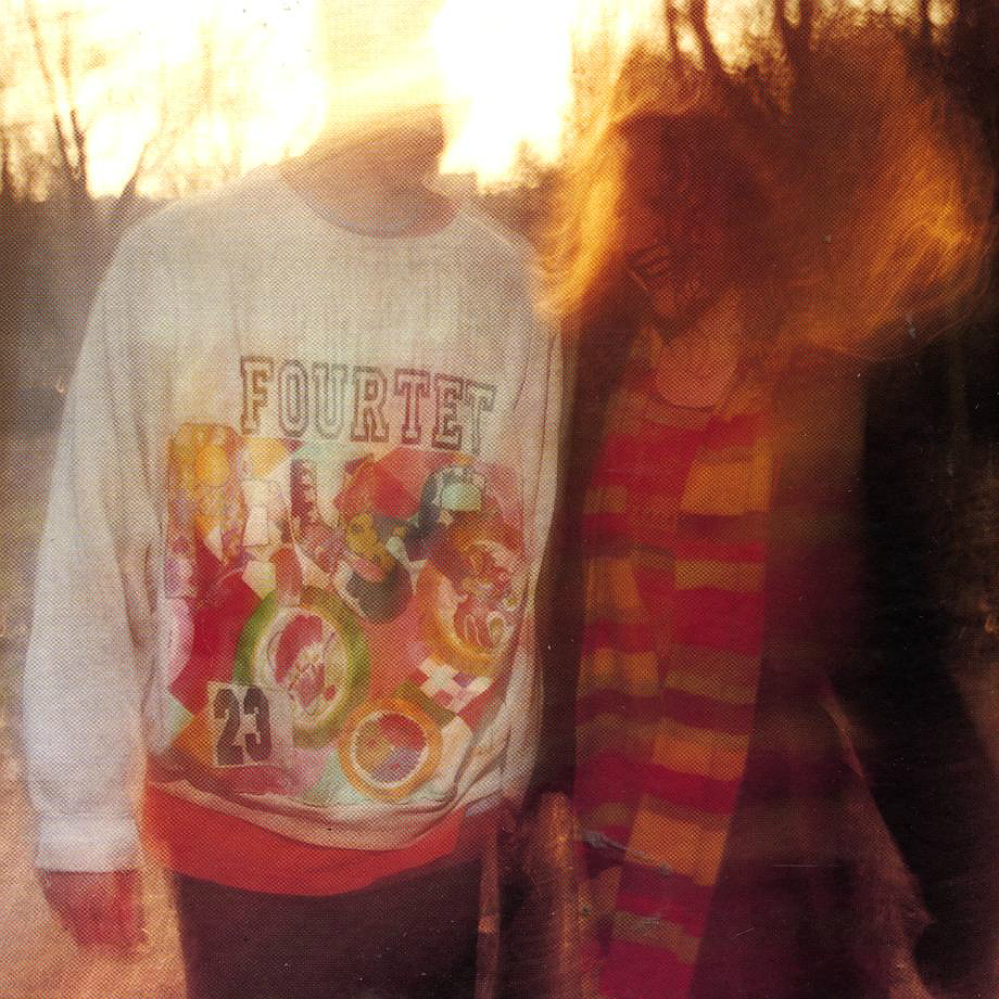
2001 - Four Tet, Pause: It's funny how 'folktronica' became associated with the likes of past Mercury winner Alt-J despite it's origins being heavily associated 10 years earlier with Four Tet's Pause, an album that should have been at least nominated. Four Tet is still prolific as hell today, more than we can say for Tom McRae.
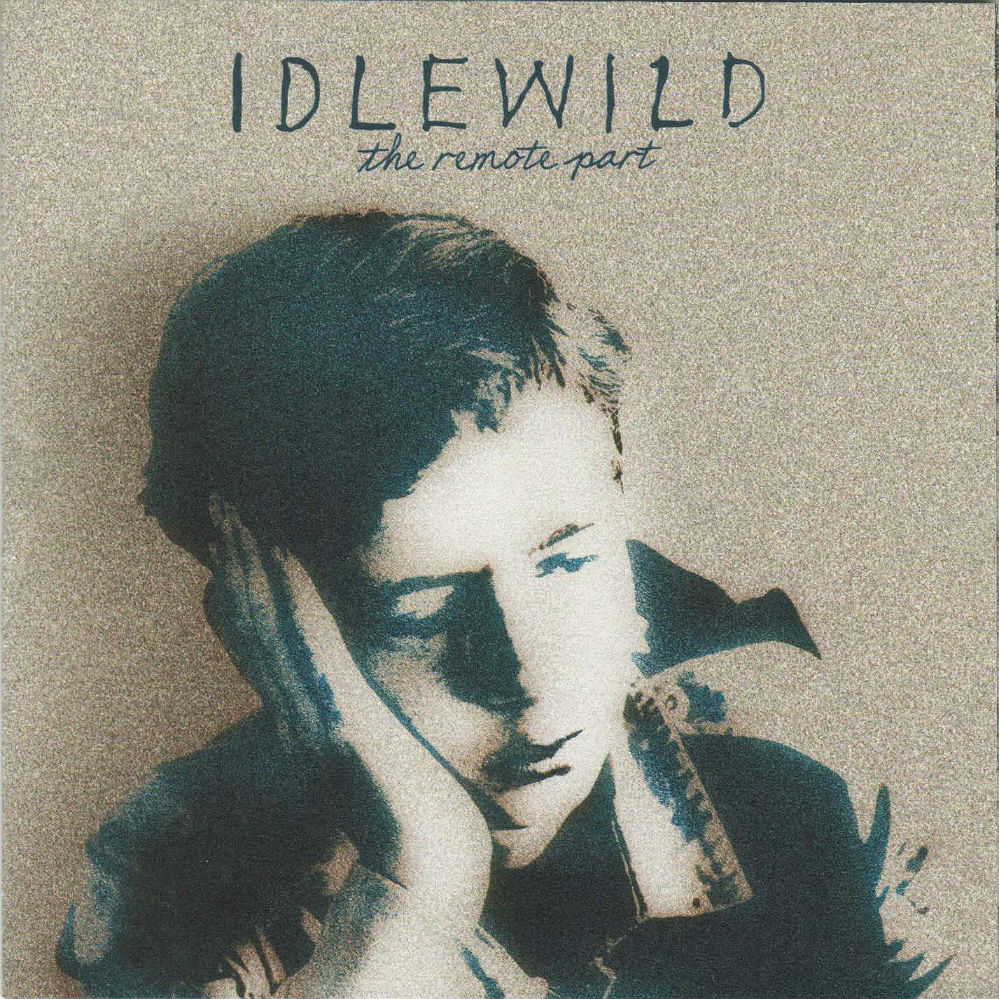
2002 - Idlewild, The Remote Part: Not only the band's most commercially successful album to date, but also arguably their best. Taking giant leaps forward in terms of its guitar technique and harmonies, the album remains a fan and critic favourite.
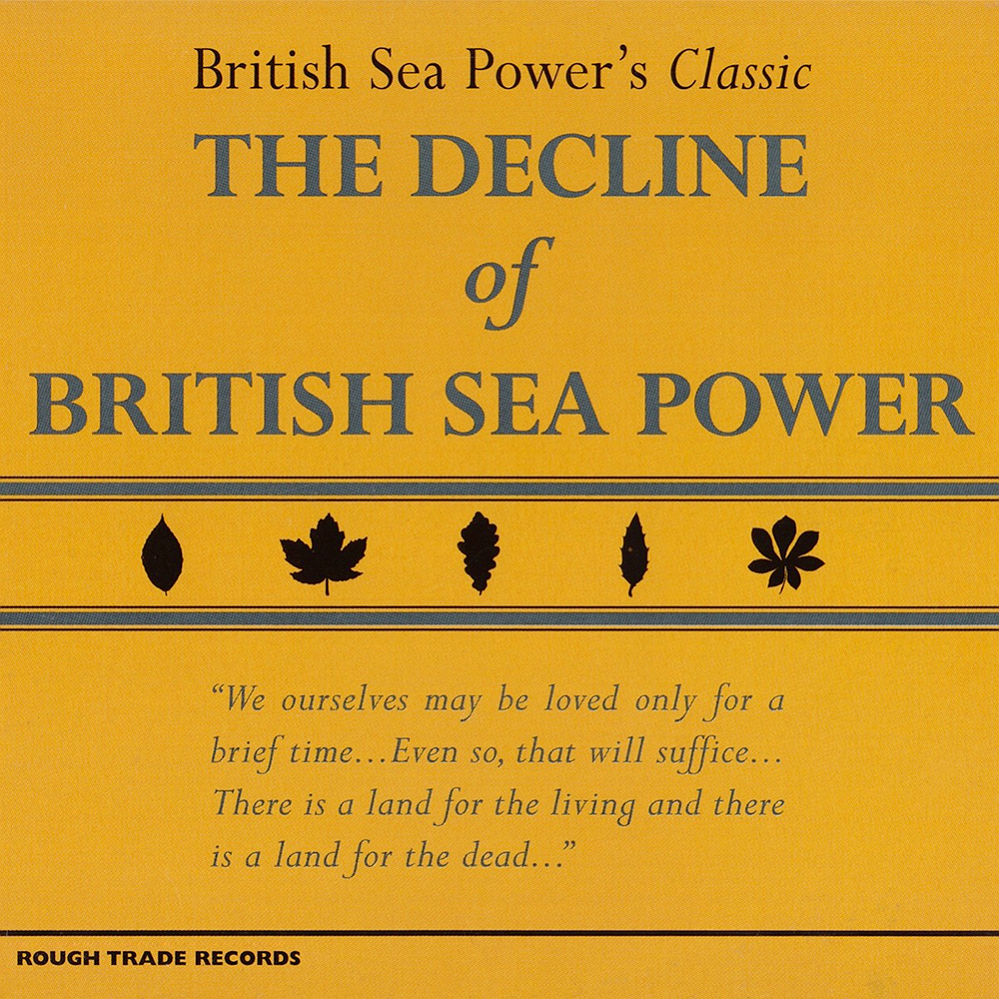
2003 - British Sea Power, The Decline of British Sea Power: BST have become one of the UK's most treasured alternative exports while never the most popular. Where the Mercury shines are the instances where the underdog takes the gold, this could have been one of those instances if it wasn't for how phenomenal Dizzee Rascal's debut was.
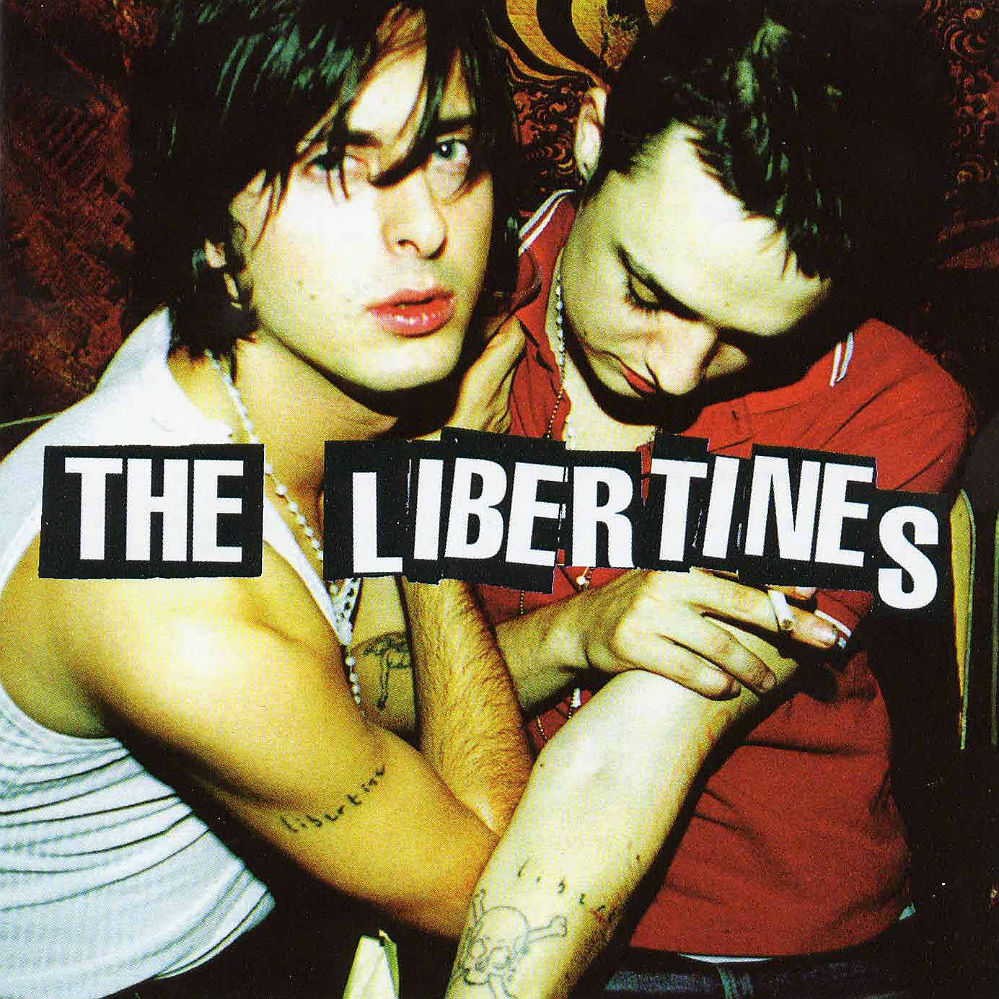
2004 - The Libertines, The Libertines: The band burst onto the scene a few years earlier with their debut, Up The Bracket, but it was its self-titled follow-up that cemented their status as one of the most important, innovative and exciting indie-rock bands of their generation. The Mercury panel disagreed. They preferred The Zutons' Who Killed... The Zutons?
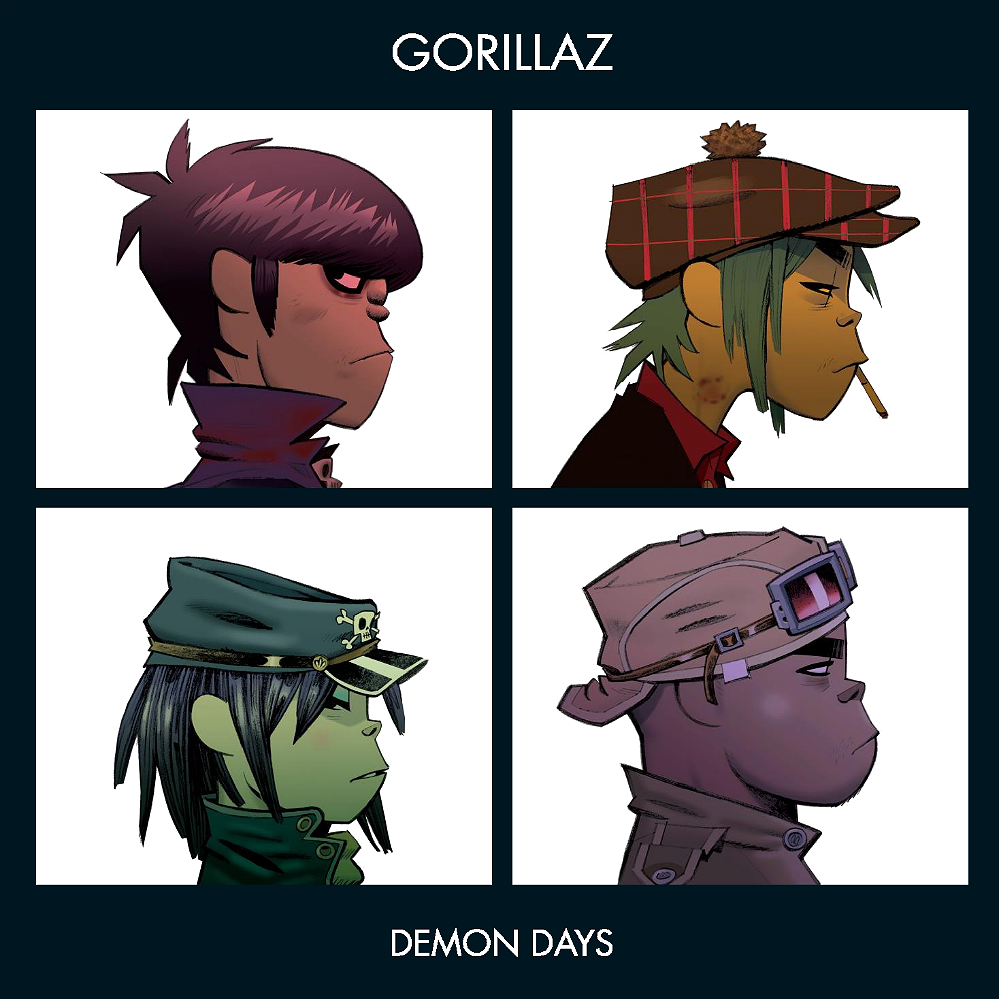
2005 - Gorillaz, Demon Days: Despite Gorillaz pulling their debut album out of the ring back in 2001, Demon Days was more than worth a nomination. There has never been such a creative and star-studded use of pop, hip-hop, funk and rock in such a neat and visually engaging format. Demon Days is one of a kind.
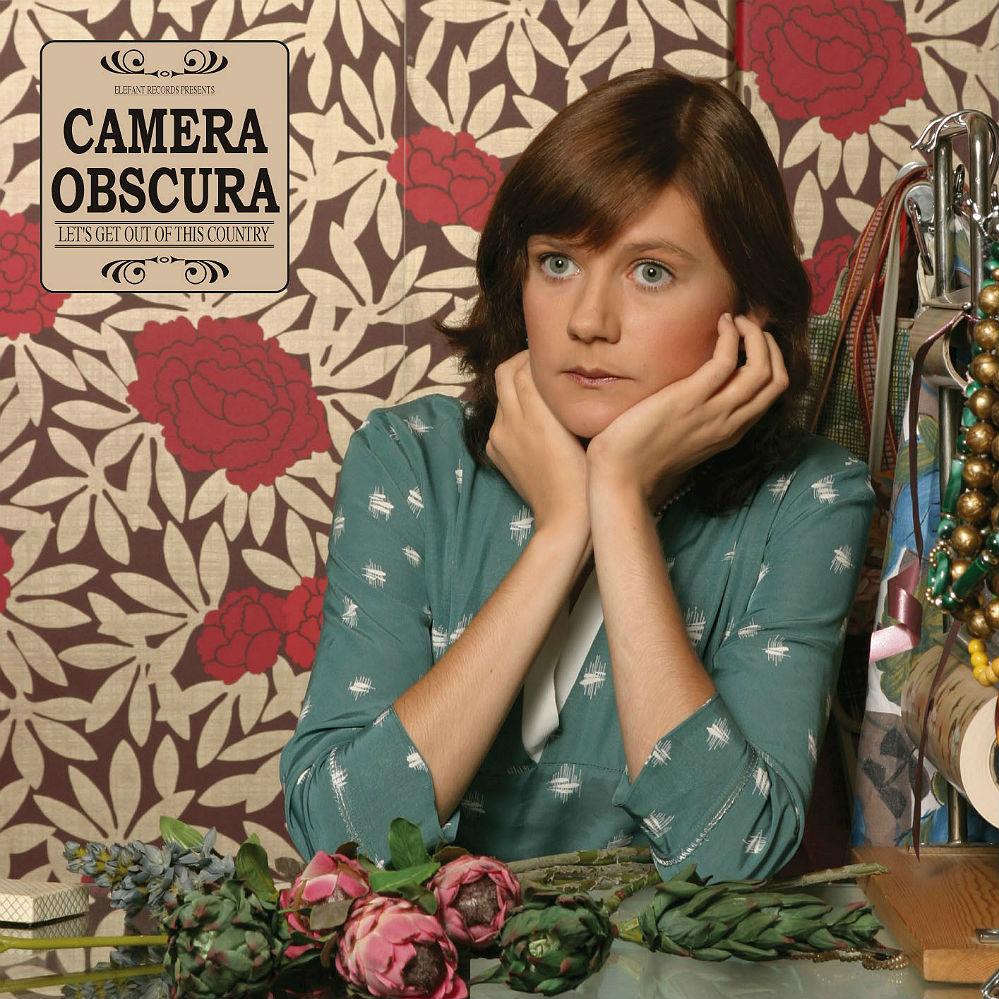
2006 - Camera Obscura, Let's Get Out Of This City: It's been an immensely sad month for Camera Obscura, following the death of keyboard player and vocalist Carey Lander aged just 32. It's little consolation to her loved ones of course, but Lander left behind her a pool of truly beautiful indie-pop - not least of which was 2006's Let's Get Out Of This City.
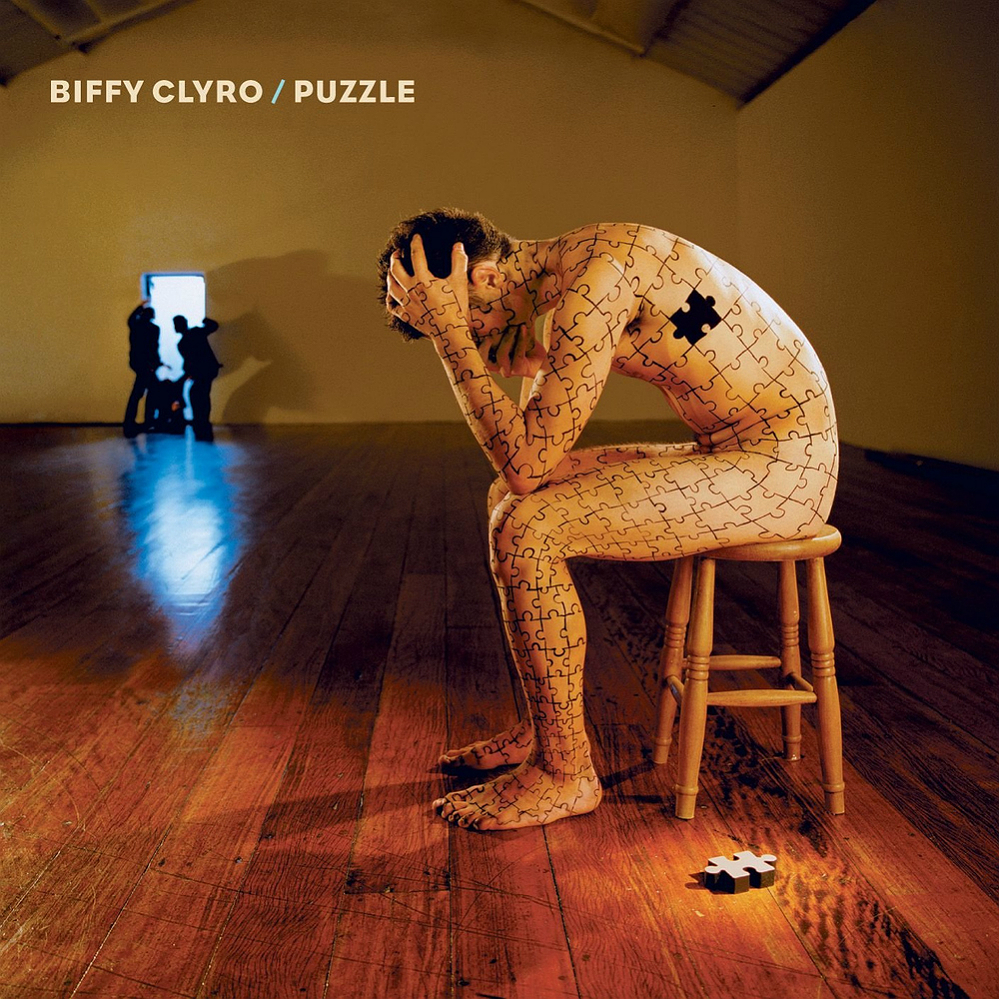
2007 - Biffy Clyro, Puzzle: Their first foray into more accessible rock, Puzzle is by far the Scottish trio's equally most accessible and emotional wrought album. It maintains the off-kilter and wild influences of their first three records while pushing for more expansive horizons, something very few UK bands were doing around the mid-noughties.
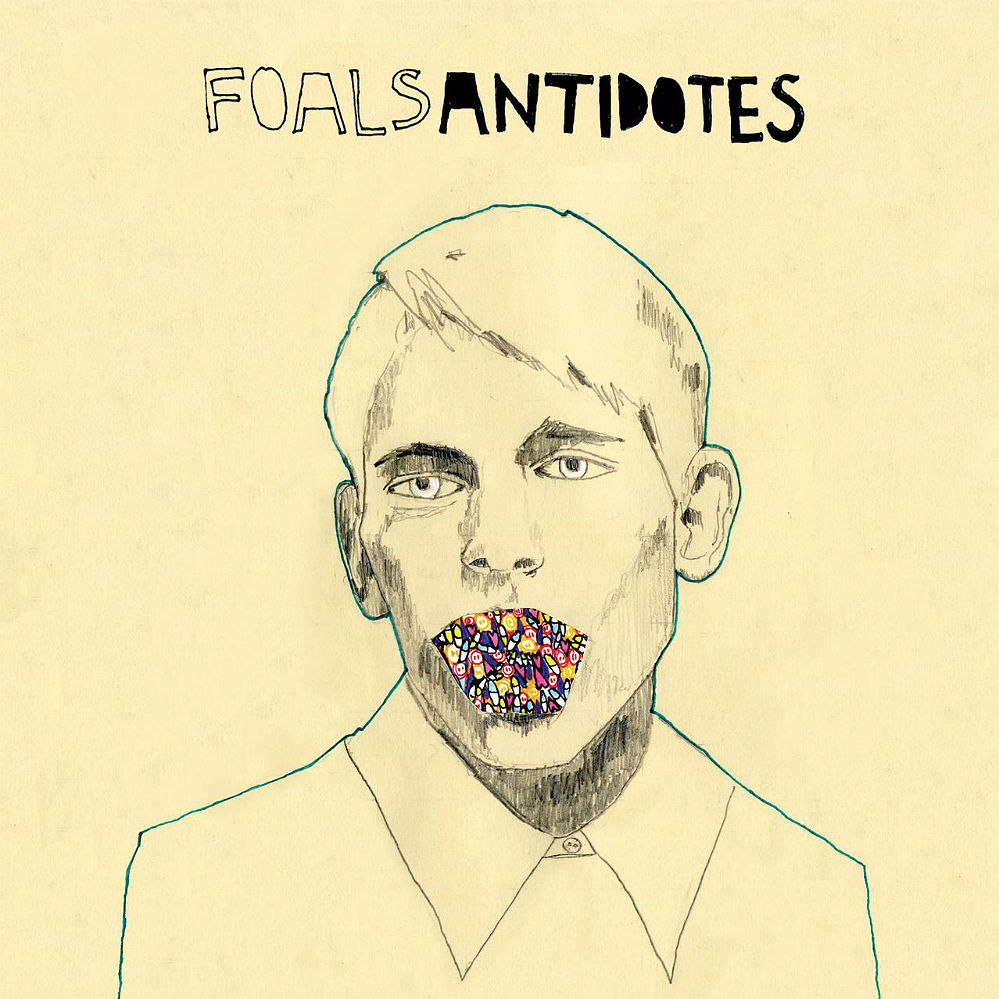
2008 - Foals, Antidotes: To be honest, we thought 2015's What Went Down was a shoo-in for a nomination this year, and that too was overlooked. Their 2008 debut, Antidotes, is a melancholic yet euphoric slice of indie rock - though, in fairness, 2008 was a particularly strong year for the Mercury Prize.
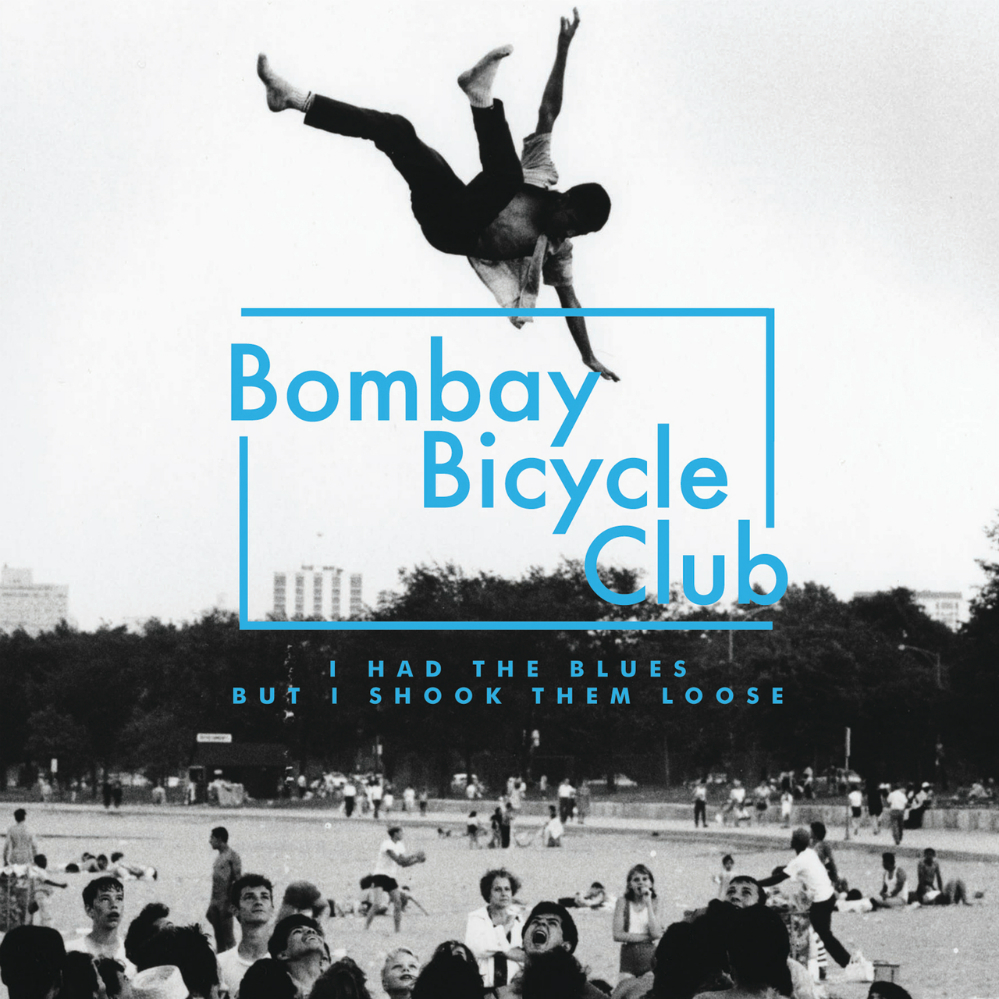
2009 - Bombay Bicycle Club, I Had The Blues But I Shook Them Off: Considering how rife this year's nominations were in quality indie (The Horrors, La Roux, Friendly Fires) it's criminal that BBC%u2019s debut didn't even get considered. It's truly an album that's consistently entertaining from start to finish.
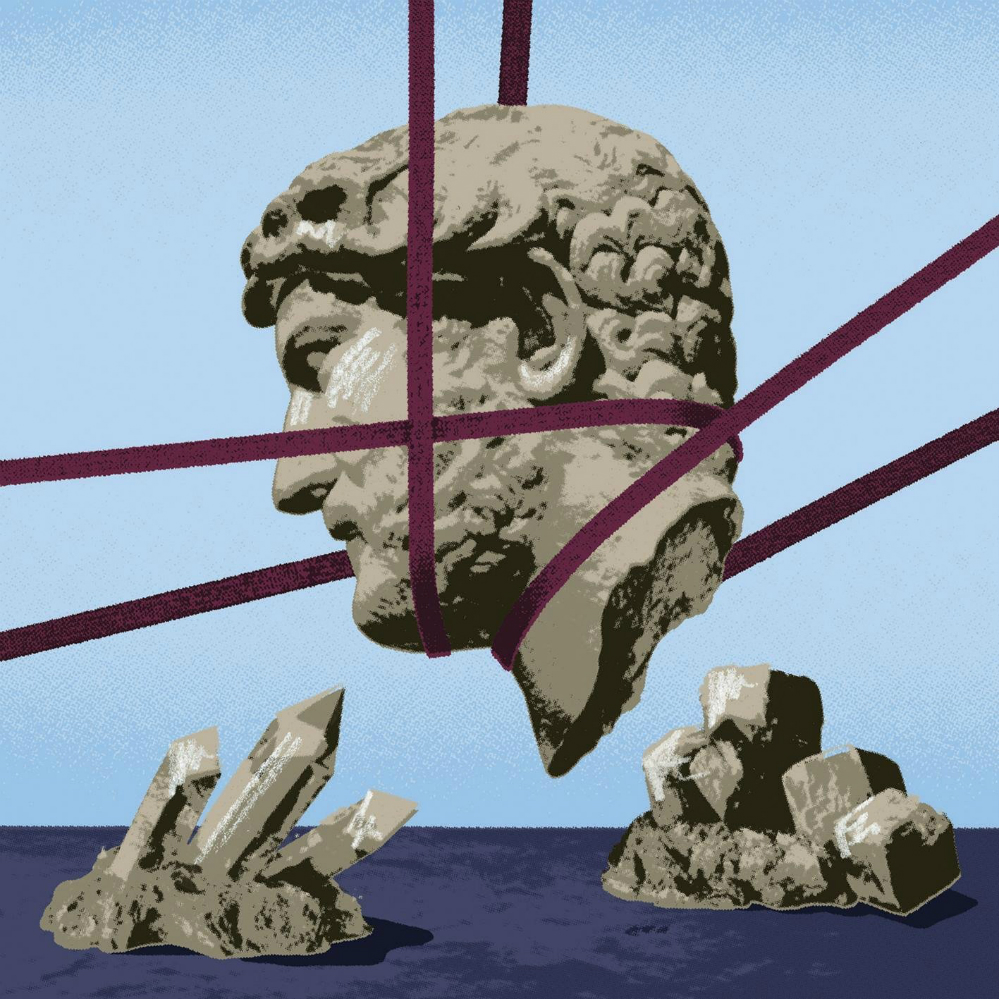
2010 - Hot Chip, One Life Stand: Maybe not Hot Chip's most boundary-pushing record but, as a whole, One Life Stand feels like a complete package packaged neatly with a lush bow. Admittedly, competition was tough this year between Laura Marling, Biffy Clyro, Mumford and winners The XX.
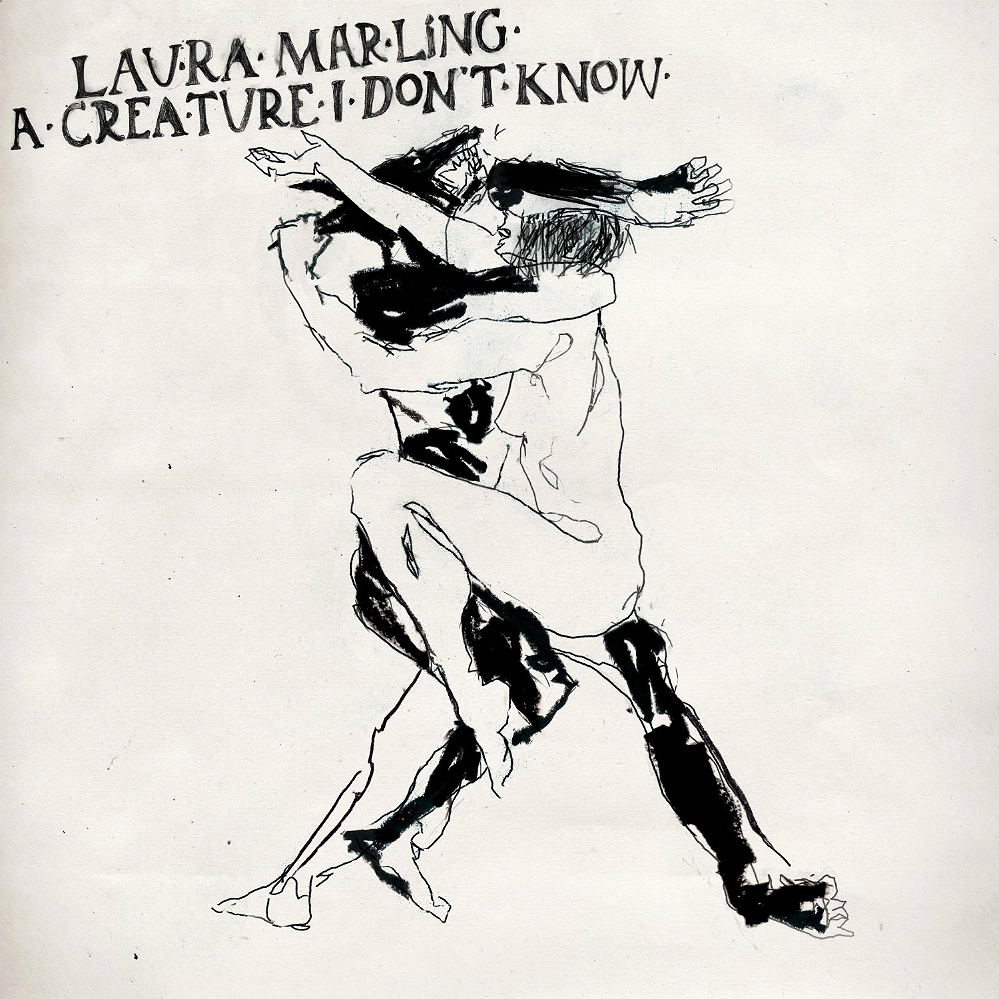
2011 - Laura Marling, A Creature I Don't Know: Again, with three of her five albums shortlisted, Marling probably didn't lose much sleep over the omission of A Creature I Don't Know, we still feel the need to fight for it. With its sprawling, pensive beauty and frequent pace changes, it's Marling at her most stark, lucid and poetic.
 album cover lyrics tour mp3 torrent rar.jpg)
2012 - Bat For Lashes, The Haunted Man: Natasha Khan is a brilliant and frustrating artist. Despite repeatedly proving herself to be one of the most talented songwriters and performers around, she's still yet to produce an entire album that matches these talents. Still, The Haunted Man, her most recent LP, was the closest she's come - and deserved a nod.
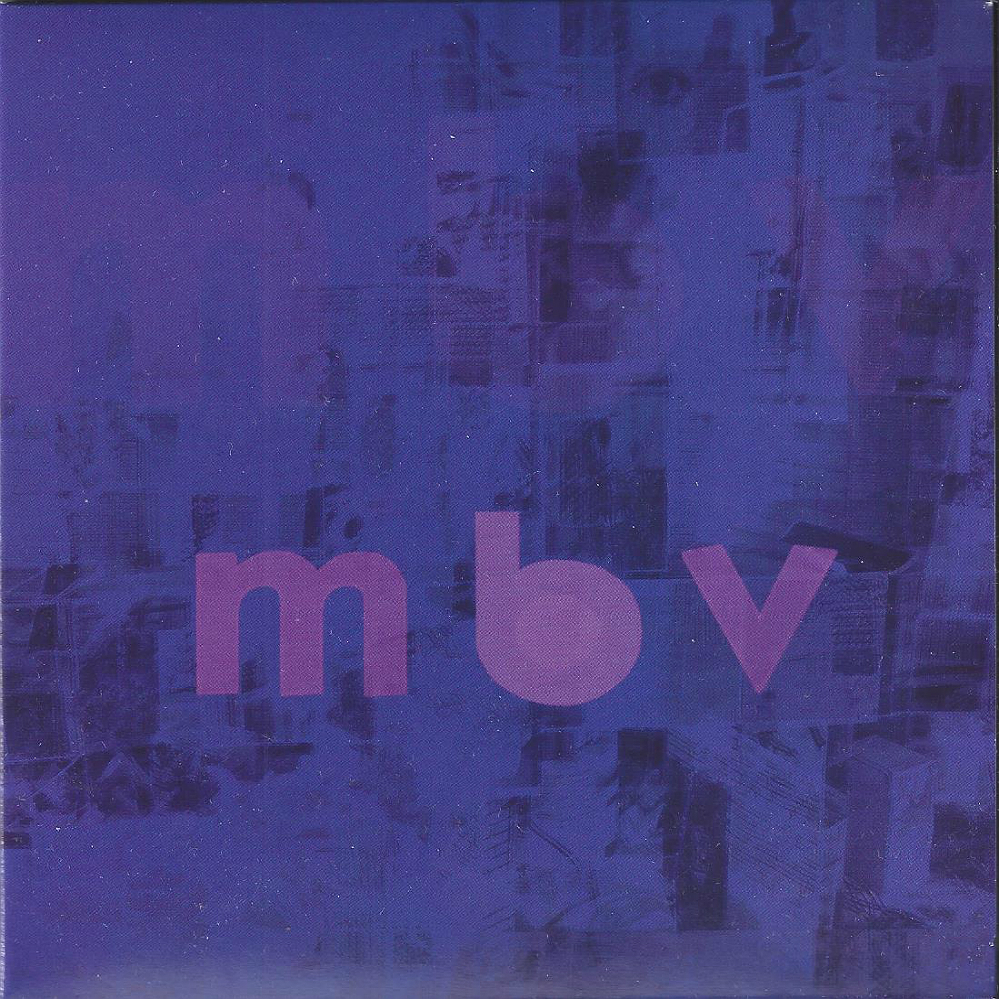
2013 - My Bloody Valentine, MBV: The surprise of the year, the shoegaze forerunners' return was unbelievable news but what was even more mind-blowing was that the album was actually bloody good. Up against AM and Bowie's return, it was hard to get a nomination in edgewise but MBV was sure as hell a lot better than Rudimental's offering.
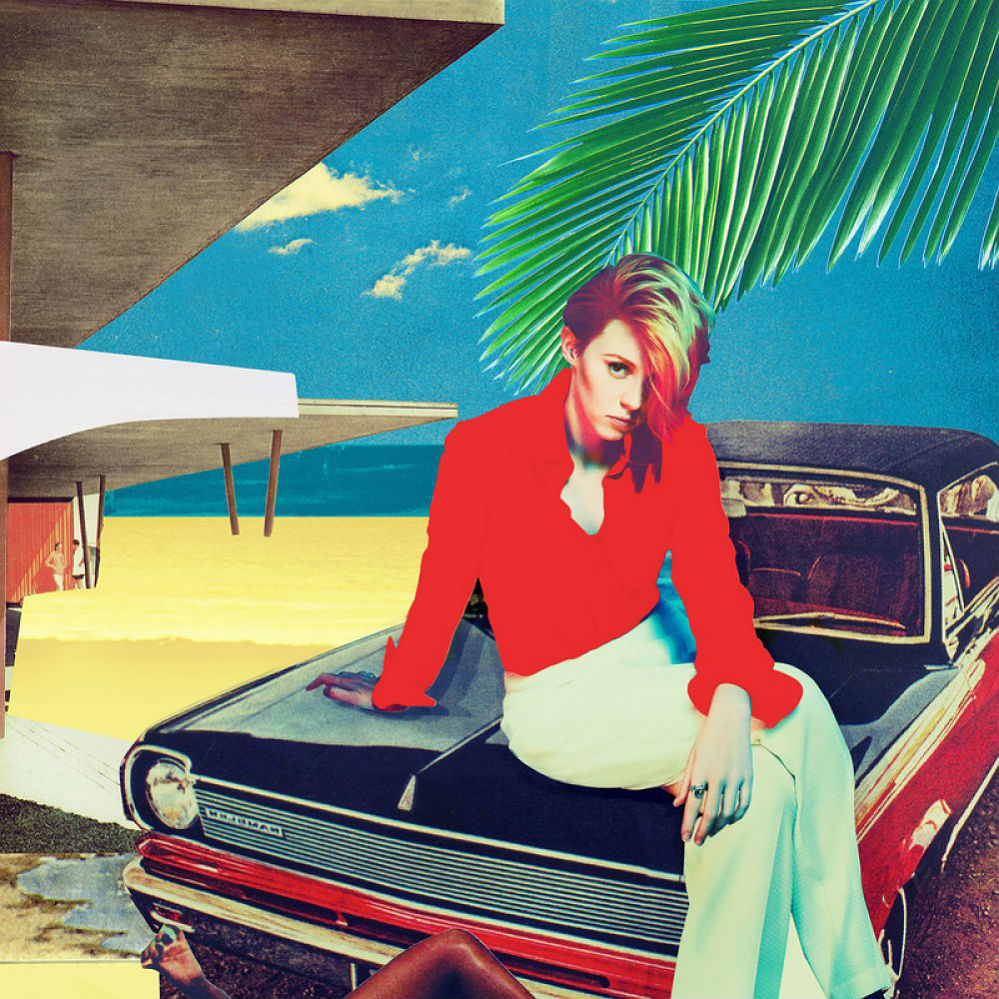
2014 - La Roux, Trouble In Paradise: We're still trying to get our heads around the reason La Roux's second album, richer and more well-rounded than her debut, but still with the same falsetto electro-pop that makes her great, failed to make anything like the same impact. Answers on a postcard.
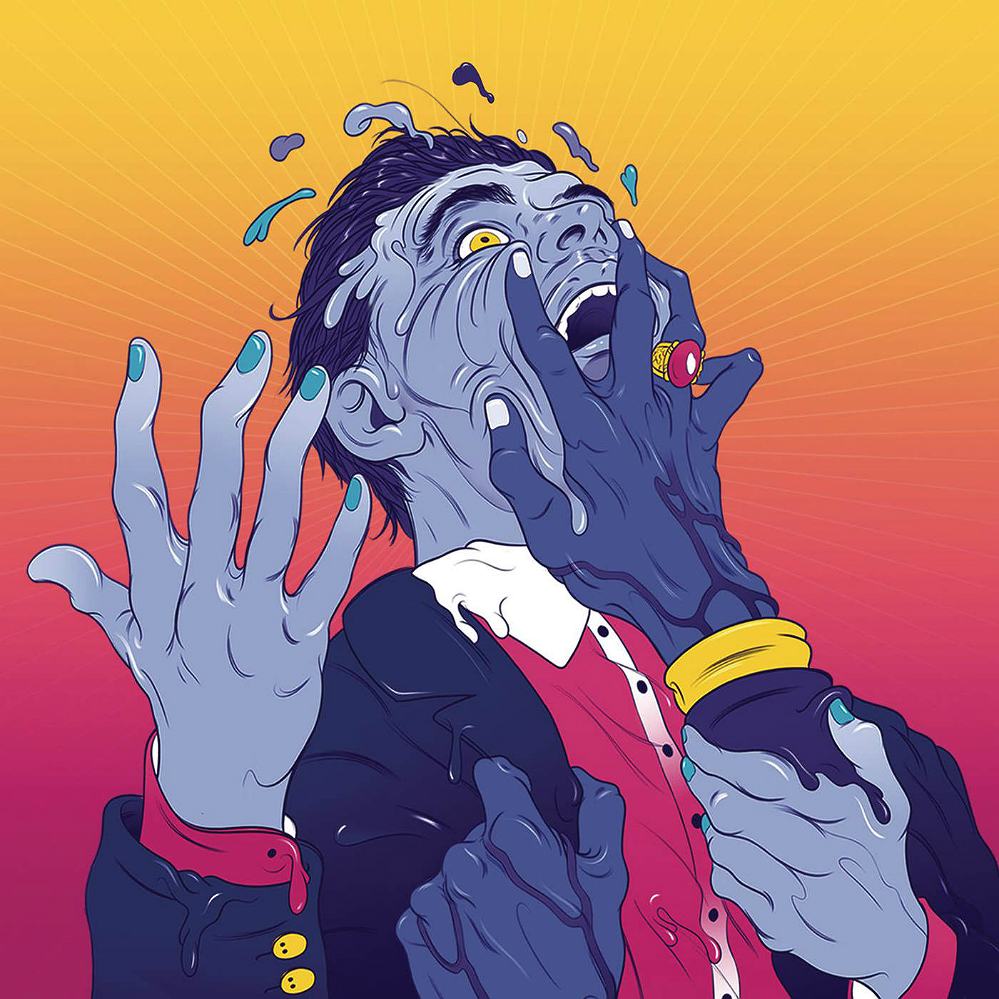
2015 - Everything Everything, Get To Heaven: Today's events were controversial to say the least, snubbing the highlights of both Everything Everything and Foals' careers was a sure-fire way to get people talking about the awards, not that it was intentional. The best of luck to all the nominees - the awards will be hosted by Lauren Laverne on 20 November.
More about: Marika Hackman


